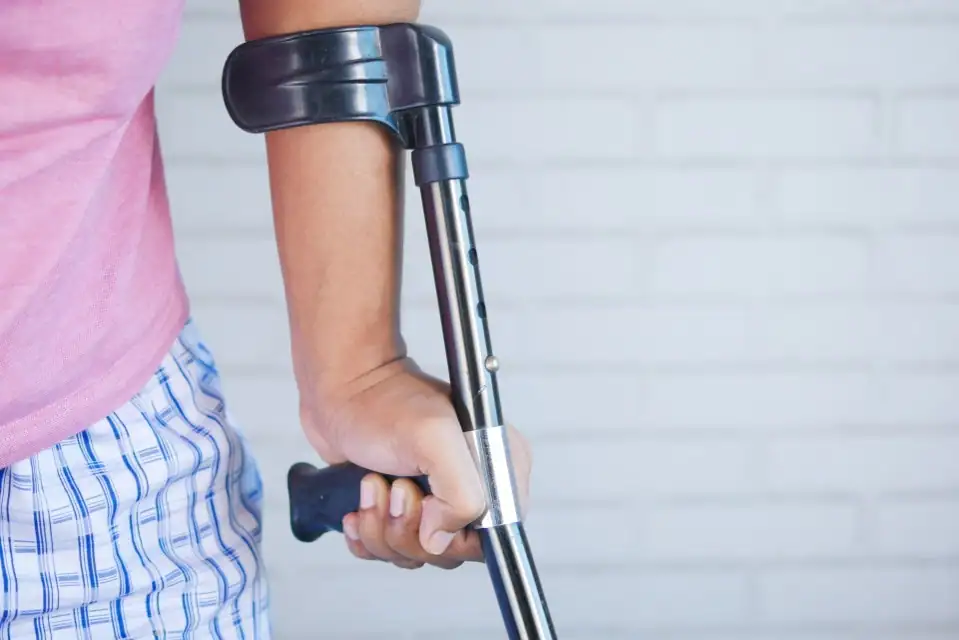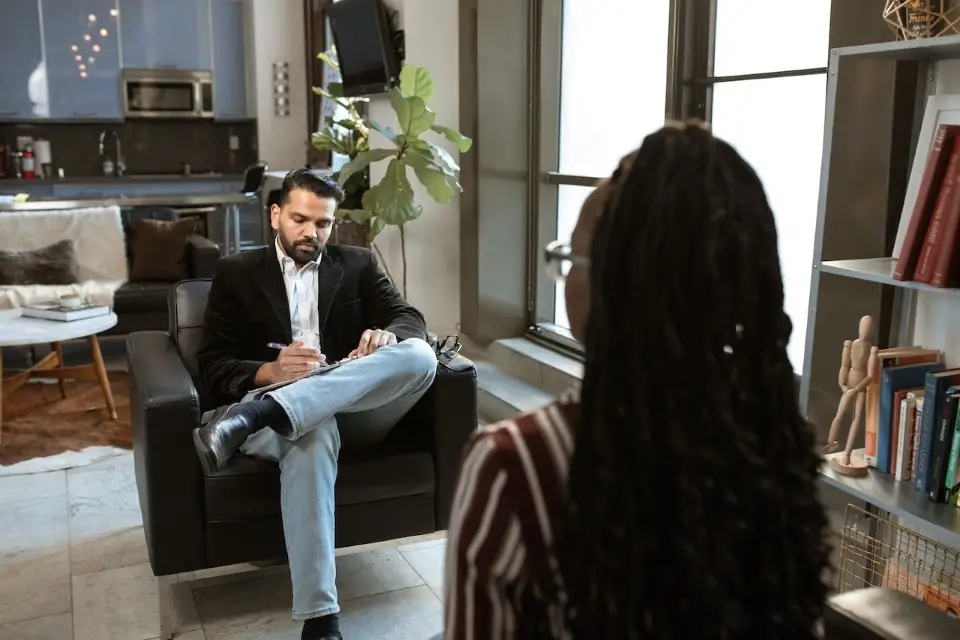If you live in Florida and have suffered an injury due to someone else’s negligence, it’s important to know your rights under the law. Personal injury law is a complex area that covers a wide range of cases, from slip and falls to medical malpractice. In this article, we’ll explore the basics of Florida personal injury law and what you need to know to protect your rights.
What is Florida’s Personal Injury Statute of Limitations?
Florida law sets a deadline for filing personal injury lawsuits, known as the statute of limitations. This deadline varies depending on the type of case and the circumstances surrounding the injury. Under Florida’s personal injury statute of limitations, you generally have four years from the date of the accident to file a lawsuit. If you miss this deadline, you may be barred from pursuing your case.
What types of personal injury cases are subject to the statute of limitations?
The Florida personal injury statute of limitations applies to a wide range of cases, including car accidents, slip and falls, medical malpractice, and other injuries caused by someone’s negligence. If you’re unsure whether your case falls under the statute of limitations, it’s important to speak with an attorney as soon as possible.
What happens if the statute of limitations expires?
If you fail to file a lawsuit before the statute of limitations expires, you may lose your right to pursue your case. The defendant can use the expired statute of limitations as a defense and ask the court to dismiss the case. Therefore, it is important to act quickly and consult with an attorney well before the deadline to file a lawsuit approaches.
Why should I sue for personal injury?
If you’ve suffered a personal injury due to someone else’s negligence, you may be entitled to compensation for your medical expenses, lost wages, and pain and suffering. By filing a personal injury lawsuit, you can hold the negligent party accountable for their actions and recover the damages you deserve.
What compensation can I receive in a personal injury lawsuit?
If you win your personal injury lawsuit, you may be awarded compensatory and punitive damages. Compensatory damages include economic damages such as medical bills and lost wages, as well as non-economic damages such as pain and suffering. Punitive damages are awarded in cases of extreme negligence or willful misconduct and are meant to punish the defendant and deter similar behavior in the future.
What is the role of a personal injury lawyer in a lawsuit?
A personal injury lawyer can help you navigate the complex legal process of a lawsuit and provide representation in court. They can help assess the strength of your case, negotiate with the defendant or their insurance company, and seek a fair settlement or verdict on your behalf. A skilled personal injury lawyer can make a big difference in the outcome of your case.
What is negligence and how does it relate to personal injury cases?
Negligence is a legal concept that refers to a failure to exercise reasonable care and caution in a given situation. To win a personal injury lawsuit, you must prove that the defendant was negligent and that their negligence caused your injury. Negligence can take many forms, including careless actions, reckless behavior, or a failure to act when action was necessary.
How does Florida law handle personal injury cases?
What is comparative negligence and how does it impact a personal injury case?
Florida law uses a system called “comparative negligence” to determine liability in personal injury cases. This means that if you were partially at fault for your injuries, your damages award may be reduced proportionally. For example, if you were found to be 20% at fault and your damages award was $100,000, you would only receive $80,000.
What are non-economic damages in a personal injury case?
In addition to economic damages such as medical bills and lost wages, you may also be entitled to non-economic damages in a personal injury case. Non-economic damages refer to intangible losses such as pain and suffering, emotional distress, and loss of enjoyment of life.
What is the statute governing personal injury law in Florida?
Florida personal injury law is governed by the Florida Statutes, particularly Title XLV, Chapter 768. This chapter sets out the legal framework for personal injury cases in the state, including liability, damages, and the statute of limitations.
What should I do if I am involved in a personal injury case?
How do I file a personal injury lawsuit in Florida?
If you’ve been injured in Florida, the first step is to seek medical attention for your injuries. Then, you should contact a personal injury attorney as soon as possible to discuss your legal options. Your attorney can help you determine whether you have a strong case, gather evidence, and file a lawsuit on your behalf if necessary.
What should I do following a personal injury accident?
If you’ve been in an accident, it’s important to take certain steps to protect your legal rights. These include gathering evidence at the scene of the accident, seeking medical attention for your injuries, and contacting an attorney as soon as possible. A skilled personal injury lawyer can help you navigate the legal process and ensure that you receive the compensation you deserve.
When should I contact a personal injury attorney?
If you’ve been injured due to someone else’s negligence, it’s important to contact a personal injury attorney as soon as possible. Your attorney can help you understand your legal rights and options and guide you through the often complex process of a personal injury lawsuit. The sooner you speak with an attorney, the better your chances of recovering the compensation you deserve.
What do I need to know about specific types of personal injury cases in Florida?
What should I do if I am involved in a car accident in Florida?
If you’ve been in a car accident in Florida, it’s important to take certain steps to protect your legal rights. These include gathering contact and insurance information from the other driver, seeking medical attention for your injuries, and contacting a personal injury attorney as soon as possible.
What should I do if I slip and fall on someone else’s property in Florida?
If you slip and fall on someone else’s property in Florida, you may be able to file a personal injury lawsuit for your injuries. To do so, you’ll need to prove that the property owner was negligent in maintaining their premises and that their negligence caused your injury. It’s important to seek medical attention and contact an attorney as soon as possible to discuss your legal options.
What do I need to know about medical malpractice in Florida?
If you’ve been injured due to medical malpractice in Florida, you may be able to recover compensation for your damages. Medical malpractice cases can be complex and difficult to prove, so it’s important to have an experienced personal injury lawyer on your side. Your attorney can help you gather evidence, determine liability, and seek the compensation you deserve.
Q: What is Florida Personal Injury Law?
A: Florida Personal Injury Law is a set of legal rules that allows an injured person to recover compensation when someone else is responsible for their injury.
Q: What are the recent changes in Florida Personal Injury Law?
A: There have been a few recent changes in Florida Personal Injury Law. As of 2023, the statute of limitations for personal injury claims has been changed from four years to two years. Additionally, there have been some updates to the comparative negligence laws in Florida.
Q: What is the statute of limitations for a personal injury lawsuit in Florida?
A: As of 2023, the statute of limitations for a personal injury lawsuit in Florida is two years from the date of your injury.
Q: Can I still file a personal injury lawsuit if the deadline has passed?
A: In most cases, no. The statute of limitations is a strict deadline and once it passes, you usually cannot file a personal injury lawsuit.
Q: What is the process of filing a personal injury claim in Florida?
A: First, you should contact an experienced Florida Personal Injury Lawyer to evaluate your case. They will guide you through the process of filing a claim and give you an idea of the compensation you may be entitled to receive. You should file your lawsuit within the statute of limitations.
Q: What are the exceptions to the Florida Personal Injury statute of limitations?
A: There are a few exceptions to the Florida Personal Injury statute of limitations. For example, if the injured person was a minor at the time of the injury, the statute of limitations may be extended.
Q: What is negligence in relation to personal injury law?
A: Negligence is the failure to use reasonable care that could have prevented harm to another person. In personal injury law, negligence is an important concept as it is often used to determine fault.
Q: How do I prove negligence in a personal injury lawsuit?
A: To prove negligence in a personal injury lawsuit, you must show that the other party owed you a duty of care, that they breached that duty, and that their breach caused your injury.
Q: What compensation can I receive in a personal injury lawsuit in Florida?
A: In a personal injury lawsuit in Florida, you can receive compensation for economic damages (such as medical expenses and lost wages), non-economic damages (such as pain and suffering), and, in some cases, punitive damages (such as damages to punish the responsible party for their behavior).
Q: Can I sue a government agency for personal injury due to negligence?
A: Yes, you can sue a government agency for personal injury due to negligence. However, there are specific rules and procedures that must be followed when suing the government, so it is important to work with an experienced lawyer.







